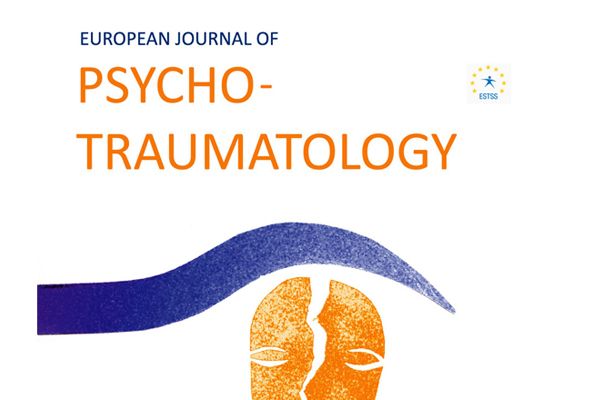12 maart 2020
European Journal of Psychotraumatology
Robin Achterhof, Rafaële J. C. Huntjens, Marie-Louise Meewisse &Henk A. L. Kiers
https://doi.org/10.1080/20008198.2019.1698223
Background: The diagnosis of complex posttraumatic stress disorder (CPTSD) has been suggested for inclusion in the 11th version of the International Classification of Diseases (ICD-11), with support for its construct validity coming from studies employing Latent Class Analysis (LCA) and Latent Profile Analysis (LPA).
Objective: The current study aimed to critically evaluate the application of the techniques LCA and LPA as applied in previous studies to substantiate the construct validity of CPTSD.
Method: Both LCA and LPA were applied systematically in one sample (n = 245), replicating the setup of previous studies as closely as possible. The interpretation of classes was augmented with the use of graphical visualization.
Results: The LCA and LPA analyses indicated divergent results in the same dataset. LCA and LPA partially supported the existence of classes of patients endorsing different PTSD and CPTSD symptom patterns. However, further inspection of the results with scatterplots did not support a clear distinction between PTSD and CPTSD, but rather suggested that there is much greater variability in clinical presentations amongst adult PTSD patients than can be fully accounted for by either PTSD or CPTSD.
Discussion: We argue that LCA and LPA may not be sufficient methods to decide on the construct validity of CPTSD, as different subgroups of patients are identified, depending on the statistical exact method used and the interpretation of the fit of different models. Additional methods, including graphical inspection should be employed in future studies.
Keywords: posttraumatic stress disorder; Complex PTSD; trauma; ICD-11; DSM-5; latent class analysis; latent profile analysis
Received 14 Oct 2019, Accepted 03 Nov 2019, Published online: 10 Dec 2019

Het European Journal of Psychotraumatology (EJPT) is een peer-reviewed, interdisciplinair wetenschappelijk tijdschrift dat deel uitmaakt van de European Society for Traumatic Stress Studies (ESTSS).
Het EJPT heeft als doel om wetenschappers, behandelaren en experts te betrekken bij de belangrijkste vraagstukken rond stress en trauma, waaronder individuele gebeurtenissen, herhaalde of chronische trauma's, grootschalige rampen en geweld.

